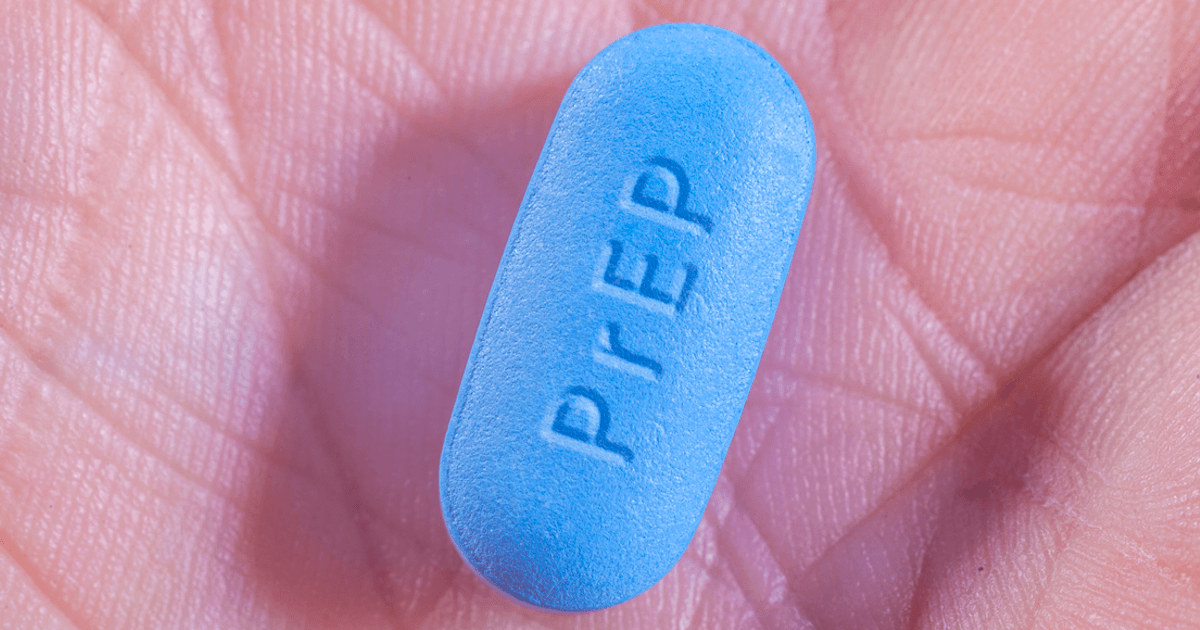HIV pre-exposure prophylaxis (PrEP) and post-exposure prophylaxis (PEP) are medications that can easily prevent the spread of the human immunodeficiency virus when administered correctly. Still, there are quite a few misunderstandings about these protocols, regardless of the fact they’ve been around for some time now.
Knowledge among members of high risk groups is still not at the levels it should be for effortless HIV prevention. Thus, it’s important to spread awareness and educate everyone about HIV PrEP and PEP.
If you’re not certain about these medications and their effectiveness, the following guide will address some of your most pressing questions.
How Effective Are HIV PrEP and PEP?
While these medications are still fairly “new” in comparison to classic antiretroviral therapies, there’s already a lot of research confirming the effectiveness of the two protocols.
The risk of contracting HIV after taking PrEP is reduced by 90 per cent or even more, a clinical study published in The New England Journal of Medicine shows.
When administered within 72 hours of risky behaviour, HIV PEP can reduce the risk of contracting HIV significantly. The sooner the medication is taken, the better the results are going to be. Some observational studies suggest that when administered during the 72-hour window, PEP reduces the risk of contracting the human immunodeficiency virus by 80 per cent or even more.
Can HIV PEP and PrEP Be Used Instead of Condoms?
Given the fact the medications are so effective, many people wonder whether these could be used to replace barrier contraception like condoms.
The short answer is no.
While PEP and PrEP significantly reduce the risk of getting HIV, they are not 100 per cent effective. Also, there are other sexually transmitted diseases these medications will do nothing for. Your safest bet is still the use of a condom to protect yourself against most of the possible negative health consequences.
PrEP and PEP are recommended as an additional form of prevention. They should never be treated as a primary method for HIV prevention. As medications, these protocols can cause some side effects. Thus, they should only be administered after a thorough consultation with a trained medical professional.
How Often Do You Need to Take HIV PEP and PrEP?
When it comes to PrEP, there are two options – on-demand PrEP and daily PrEP.
Daily PrEP is a protocol recommended for members of high risk groups (sex workers, those who have risky sexual behaviour). It’s a daily pill that should be taken at about the same time each day. Daily PrEP is a good option to establish a habit and it’s also a different medication from on-demand PrEP. As such, it may be a good recommendation for people that have a certain kind of sensitivity to the other medication.
On-demand PrEP is typically recommended for men who have sex with men and are at a risk of contracting the viral infection. On-demand PrEP consists of two pills that need to be taken anywhere between two and 24 hours before anticipated sexual contact.
PEP needs to be started within 72 hours of risky sexual contacts (the sooner, the better). Once a course of treatment is started, the medication has to be taken daily for 28 days.
What Happens if a Dose Is Missed?
This is a very important question and something you need to understand well if you are considering HIV PEP or PrEP.
The effectiveness of these medications is highly dose-dependent. This means that missing one of your doses will diminish the protective effect that PEP and PrEP deliver.
Anyone who is one of the protocols and who has missed a dose should talk to their doctor in order to determine the best course of action going forward.
What Are the Side Effects of PEP and PrEP?
Like all other medications, HIV PEP and PrEP will be tolerated well by some people and they may cause side effects in others.
Some of the most common complaints linked to these medications include headaches, nausea, gastrointestinal upset and joint pain. Usually, these side effects go away within a couple of weeks.
How Do PEP and PrEP Interact with Alcoholic Beverages and Other Medicines?
Research suggests that the consumption of alcoholic beverages has no effect on HIV PEP and PrEP. Still, if you do decide to drink, do so in moderation.
There is also evidence suggesting that PEP and PrEP will not interact with other prescription medications. Their effectiveness is also not going to be affected.
Still, if you’re taking any medication, you need to inform your doctor about it before starting a PEP or PrEP protocol. A trained medical professional will know whether going on multiple pharmaceutical products at the same time is a good idea.
We hope that the guide makes you feel a bit more informed and empowered in terms of protecting your health. If you have additional questions, you can contact Shim Clinic or visit us during working hours every day of the week. We’d be happy to suggest the right forms of protection, prevention and prophylaxis in line with your lifestyle and sexual behaviour.

